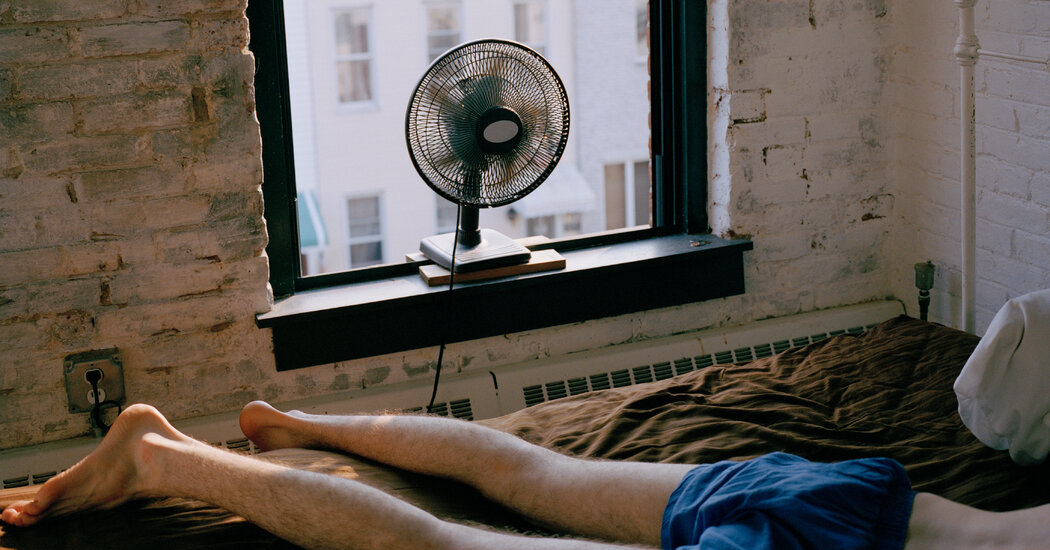A heat wave has scorched the Northeast, South, and Midwest this week, and those dangerously high temperatures can make it hard to sleep.
Studies show that extreme heat can affect both how much you sleep and how good that sleep is, said Chad Milando, a research scientist at the Center for Climate and Health at the Boston University School of Public Health. He and other experts said the people who are most vulnerable to poor sleep during a heat wave are low-income families who don’t have air-conditioning in their homes, as well as older adults or people with underlying health conditions that make them more susceptible to heat-related illness.
That’s why when temperatures rise, it’s essential to have a plan to keep cool when you sleep.
How Heat Affects Sleep
The body’s core temperature naturally drops during sleep, but hot environments can prevent the body from properly cooling. Studies also suggest that lower ambient temperatures signal to your body that it’s time to rest.
If the temperature in your bedroom is too high, it may be difficult to fall asleep, and you may wake up more frequently throughout the night, said Dr. Michael Irwin, a professor of psychiatry and biobehavioral sciences at the University of California, Los Angeles. You may also get less restorative sleep, he added.
To help your body regulate its temperature, your bedroom should ideally be between 65 and 68 degrees Fahrenheit, said Rebecca Robbins, an assistant professor of medicine in the sleep medicine division at Harvard Medical School. If your room is far hotter, you may wake up throughout the night, particularly during the stages of sleep when it’s not possible for the body to regulate its own temperature, she said.
